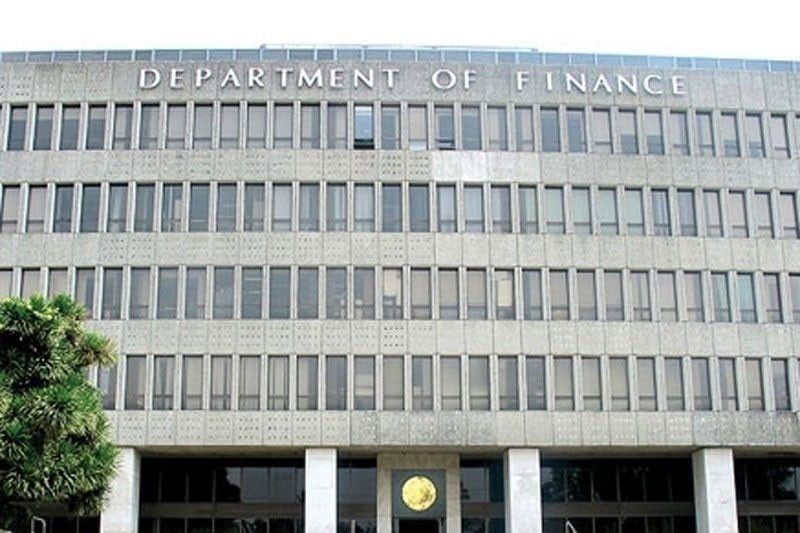DOF cautions vs wealth tax

MANILA, Philippines — The Department of Finance (DOF) has warned that the imposition of a wealth tax may force investments out of the country, even as multilateral lending institutions back such a measure to generate more revenue.
In a text message to reporters, Finance Secretary Carlos Dominguez III said the DOF has yet to study a congressional proposal to slap a wealth tax, but warned that it would force investors to move out.
“My initial comment is that a wealth tax will drive capital out of the Philippines,” he said.
The STAR reached out to finance officials to expound on how the measure will discourage investments, but has yet to receive a reply.
The Makabayan bloc in the House of Representatives on Monday filed a bill to apply a one percent tax on wealth above P1 billion, two percent on wealth above P2 billion, and three percent on assets above P3 billion.
The proponents said revenues to be collected from the wealth tax would be used to finance social services, especially health interventions, in a period when the government lacks resources.
The pending Bayanihan to Arise as One or Bayanihan 3 bill, passed by the House of Representatives in June, requires P401 billion to bankroll its interventions intended to mitigate the pandemic’s financial impact on the poorest households.
In a computation by think tank IBON Foundation, the government may raise at least P237 billion from the collection of wealth taxes from the billionaire class.
Likewise, Manila-based Asian Development Bank (ADB) earlier said governments running out of resources during the pandemic should explore options in generating new income, one of which is slapping wealth and intergenerational taxes.
“Removing exemptions for personal income tax, imposing wealth and intergenerational taxes and putting in place, or strengthening, carbon and environmental taxes will all help expand a country’s tax base,” ADB said.
World Bank governance global practice director Jim Brumby also said a wealth tax may be needed to reverse the pandemic’s impact on the gap between the rich and the poor. The multilateral lender estimates around 100 million people fell below the poverty line last year, with the number seen to rise to at least 150 million by the end of 2021.
“If revealed preference is anything to go by, most countries are extremely hesitant to introduce wealth taxes. But if ever there were a time that wealth taxes could help, it may be now,” Brumby said.
- Latest
- Trending


























